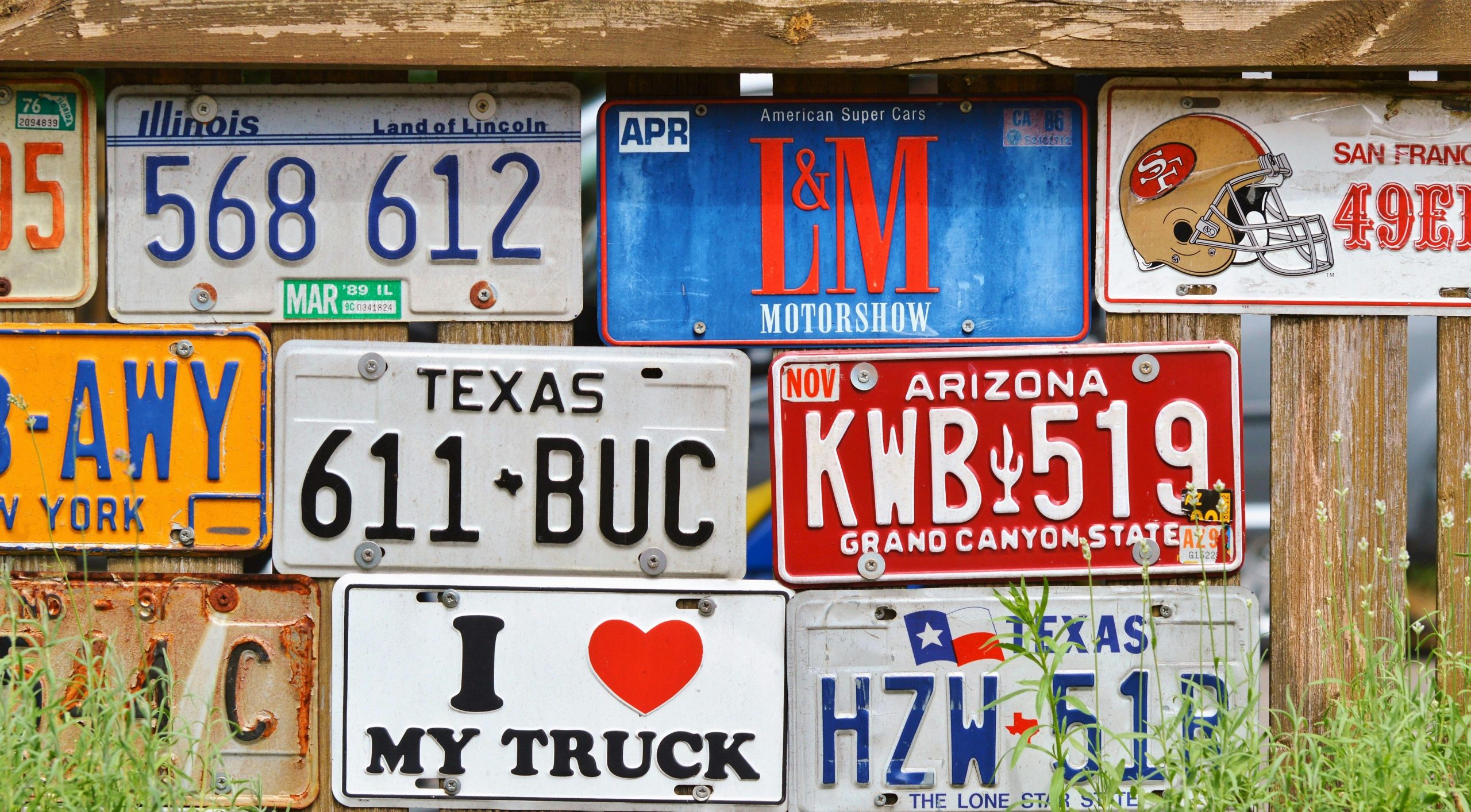Handling Car Repairs After an Insurance Company Outage: What You Need to Know
Experiencing an accident can be stressful, especially when the responsible party’s insurance provider is facing technical issues. Recently, a driver under the influence struck a parked vehicle while the owner was sleeping. The police located the driver and obtained their insurance details, which turned out to be through Erie Insurance. However, Erie Insurance is currently experiencing a significant system outage—likely due to a ransomware attack or technical disruption—that has temporarily halted their electronic processing.
This situation raises an important question for vehicle owners in similar scenarios: Should you wait for your insurer to resolve their technical difficulties, or consider alternative options to expedite repairs?
Here are some key insights to help you navigate this dilemma:
-
Current Situation with Erie Insurance
Erie Insurance’s system outage has led to delays in processing claims and reimbursements. Given that they are operating with paper-based methods temporarily, the repair process might extend by weeks, leaving you without your vehicle for an extended period. -
Using Your Own Collision Coverage
One practical approach is to file a claim through your own vehicle insurance provider, such as Geico, to have your car repaired promptly. While this might involve paying a deductible upfront (typically around $500), your insurer may be able to recover those costs later by pursuing reimbursement from Erie Insurance once their systems are back online. -
Pros and Cons of This Approach
- Advantages: Faster repairs, minimal delays, and potentially avoiding prolonged downtime.
-
Considerations: You’ll need to decide whether you’re comfortable paying the deductible upfront, knowing that your insurer intends to seek reimbursement later.
-
Key Considerations
- Verify your policy coverage and deductible amounts before proceeding.
- Speak with your insurance agent to confirm that claiming through your own coverage is advisable in this situation.
- Keep detailed documentation of all communications and repair-related expenses for future recovery efforts.
In conclusion, when facing technical outages that hinder the claim process, it’s often advantageous to prioritize quick repairs by leveraging your own insurance coverage. This approach can minimize disruptions and ensure you’re not left waiting extended periods for your vehicle’s repair. Before making a decision, consult with your insurance provider to understand all implications and ensure your actions align with your coverage and financial preferences.
Disclaimer: This article is for informational purposes only and should not be construed as legal or insurance advice. Always consult with your insurance professional



